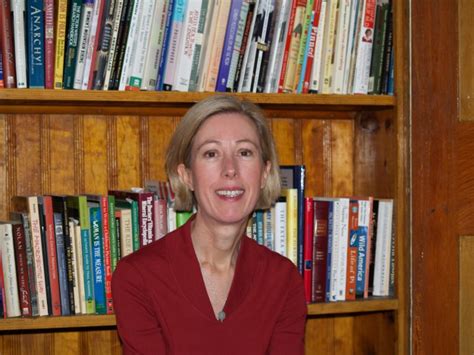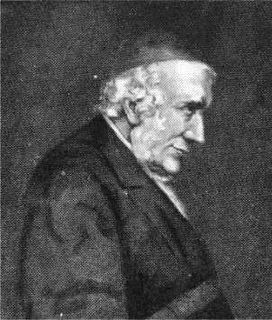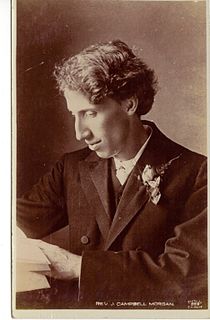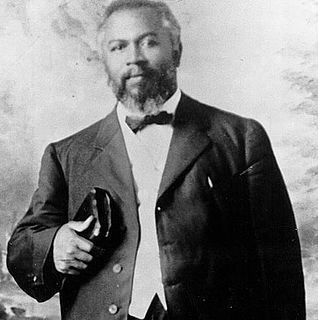A Quote by Andrew Wommack
Grace doesn't cause people to live in sin; it frees them from the paralyzing effects of guilt and condemnation so that they can live holier accidentally now than they ever did on purpose before.
Related Quotes
Guilt is imposed by others on you. It is a strategy of the priests to exploit. It is a conspiracy between the priest and the politician to keep humanity in deep slavery forever. They create guilt in you, they create great fear of sin. They condemn you, they make you afraid, they poison your very roots with the idea of guilt. They destroy all possibilities of laughter, joy, celebration. Their condemnation is such that to laugh seems to be a sin, to be joyous means you are worldly.
There are three motives for which we live; we live for the body, we live for the mind, we live for the soul. No one of these is better or holier than the other; all are alike desirable, and no one of the three—body, mind, or soul—can live fully if either of the others is cut short of full life and expression.
If the purpose of life is just to live this life and then die, it's hard to answer the purpose of pain question; but if we can help people see from an eternal perspective - that all of this is working together to prepare us for something higher than we've ever imagined, more noble than we've ever dreamed - then we discover some hope that we can hold on to.
... the people who, in spite of the bonds of sin which fetter them and hinder them (by constraint and by inciting them to new sins), come to Him, our Savior, with perfect repentance for tormenting Him, who despise all the strength of the fetters of sin and force themselves to break their bonds ? such people at last actually appear before the face of God made whiter than snow by His grace. 'Come, says the Lord: Though your sins be as scarlet, I will make them whiter than snow' (Isa. 1:18).
One should not wrongly reify 'cause' and 'effect,' as the natural scientists do (and whoever, like them, now 'naturalizes' in his thinking), according to the prevailing mechanical doltishness which makes the cause press and push until it 'effects' its end; one should use 'cause' and 'effect' only as pure concepts, that is to say, as conventional fictions for the purpose of designation and communication-not for explanation.
Take steadily some one sin, which seems to stand out before thee, to root it out, by God's grace, and every fibre of it. Purpose strongly, by the grace and strength of God, wholly to sacrifice this sin or sinful inclination to the love of God, to spare it not, until thou leave of it none remaining, neither root nor branch.


































